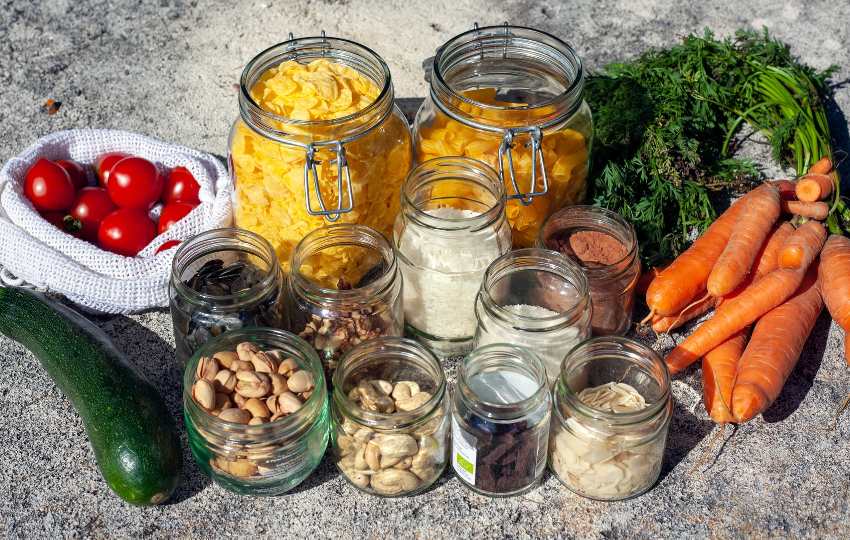A Beginner’s Guide To Zero Waste Living

Living a zero-waste lifestyle has gained significant attention in recent years as more people recognize the importance of reducing waste and preserving our planet’s resources.
Embracing a zero-waste lifestyle means minimizing the amount of waste we generate by making conscious choices about consumption and disposal. If you’re new to the concept of zero-waste living and want to make a positive impact, here’s a beginner’s guide to get you started on your journey towards a zero-waste lifestyle.
Rethink Your Consumption Habits: The first step to zero-waste living is to assess your consumption patterns. Be mindful of what you purchase and ask yourself if you truly need it. Prioritize buying only what is essential and invest in high-quality, durable products that will last longer.
Refuse Single-Use Items: Say no to single-use items such as plastic bags, disposable cutlery, and straws. Carry reusable alternatives like cloth bags, stainless steel cutlery, and a reusable water bottle with you wherever you go.
Embrace Reusables: Incorporate reusable items into your daily routine. Use cloth napkins instead of paper towels, opt for refillable containers for toiletries and cleaning products, and switch to rechargeable batteries. These small changes can significantly reduce your waste output.
Composting: Start composting your food waste and yard trimmings. Composting allows organic matter to decompose naturally, creating nutrient-rich soil that can be used in your garden. If you don’t have outdoor space, explore indoor composting options like vermicomposting using worms.
Bulk Shopping: Purchase items in bulk to minimize packaging waste. Bring your own reusable containers or bags to stores that offer bulk options for food staples, grains
Mindful Grocery Shopping: Plan your grocery shopping to avoid food waste. Make a list, buy only what you need, and opt for fresh produce without excessive packaging. Choose products with minimal or recyclable packaging whenever possible.
DIY and Repurposing: Explore do-it-yourself projects and repurpose items to give them a new life. Repurpose glass jars as storage containers, turn old clothing into rags or reusable bags, and make your own cleaning products using natural ingredients.
Recycling Right: While the goal is to reduce waste, recycling is still an important part of a zero-waste lifestyle. Educate yourself about local recycling guidelines and ensure you recycle properly. Focus on reducing first, but when recycling is necessary, do it correctly.
Spread Awareness: Share your zero-waste journey with others and inspire them to make sustainable changes too. Engage in conversations about waste reduction, host workshops, or start a community group to exchange ideas and tips.
Celebrate Progress, Not Perfection: Transitioning to a zero-waste lifestyle takes time, and it’s important to remember that perfection is not the goal. Celebrate the progress you make along the way, no matter how small. Every action counts and contributes to a more sustainable future.
By following this beginner’s guide to zero-waste living, you can gradually reduce your environmental impact and contribute to a more sustainable world. Remember, it’s a journey, and each step you take towards reducing waste is a step in the right direction. Embrace the challenge, be open to learning, and inspire others to join you on the path to a zero-waste lifestyle.




